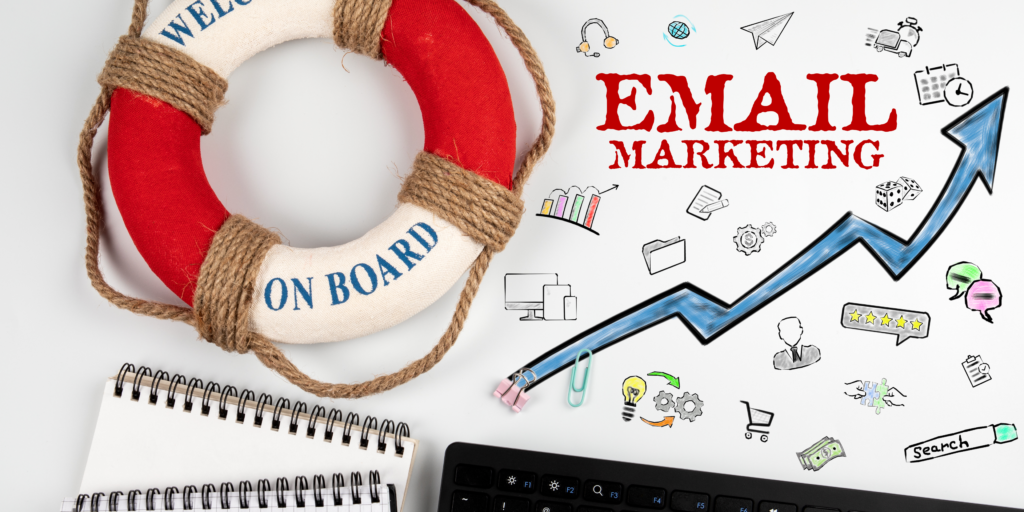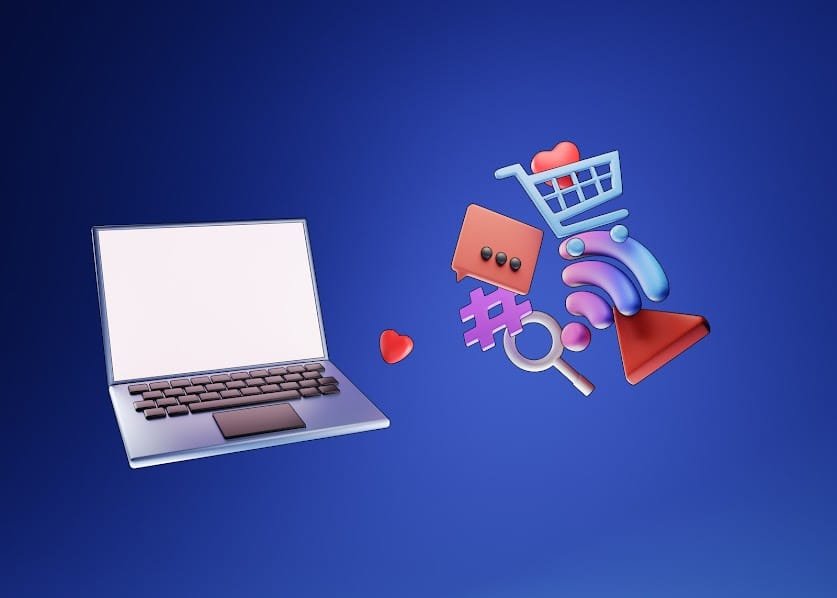Email Marketing 2.0: Using AI for Hyper-Personalized Campaigns

In today’s fast-evolving e-commerce landscape, email marketing has proven to be an indispensable tool for driving customer engagement and boosting sales. However, traditional methods often fall short in capturing and retaining consumer attention. Enter Email Marketing 2.0 — a game-changing approach where AI-powered tools revolutionize how e-commerce brands craft and deliver hyper-personalized campaigns.
What is Email Marketing 2.0?
Email Marketing 2.0 refers to leveraging artificial intelligence (AI) and data-driven strategies to optimize email campaigns. By analyzing user behavior, preferences, and purchasing patterns, e-commerce businesses can create tailored messages that resonate with individual recipients, making campaigns more effective and engaging.
Why AI is the Future of Email Marketing for E-Commerce
1. Hyper-Personalization
Gone are the days of generic email blasts. With AI in email marketing, e-commerce brands can segment their audience and deliver personalized content tailored to:
- Individual shopping habits
- Browsing history
- Demographic information
For example, AI tools like Persado and GrammarlyGO use machine learning to generate custom subject lines, email body copy, and CTAs that appeal to specific customer segments in the e-commerce space.
2. Predictive Analytics
Predictive analytics allows e-commerce businesses to forecast customer behavior. AI analyzes historical data to predict:
- The best time to send promotional emails
- What type of products a customer is likely to purchase
- How likely a customer is to click on a CTA
This ensures that every email sent has a higher chance of engagement, driving sales and repeat business.
3. Behavioral Triggers
AI-powered tools can automate responses based on user behavior. For example:
- Sending a follow-up email when a customer abandons their cart
- Offering personalized product recommendations based on browsing history
- Creating urgency by sending reminders for limited-time offers
Tools like HubSpot and Mailchimp excel in implementing these behavioral triggers effectively, making them invaluable for e-commerce.
Benefits of AI-Powered Email Campaigns for E-Commerce
1. Increased Engagement
Hyper-personalized emails foster a sense of connection with customers, increasing open and click-through rates. A study by Statista found that personalized emails deliver 6x higher transaction rates than generic ones.
2. Enhanced ROI
Email marketing already boasts an impressive ROI of $36 for every $1 spent. AI-driven strategies amplify this by:
- Optimizing delivery times
- Improving content relevance
- Reducing customer churn
3. Streamlined Workflow
AI tools automate repetitive tasks like list segmentation, campaign scheduling, and performance tracking. This allows e-commerce marketers to focus on strategy and creativity instead of manual work.
4. Improved Customer Retention
AI ensures that the right message is delivered to the right person at the right time, fostering long-term relationships with e-commerce customers.
How to Start Your Personalized Email Campaign for E-Commerce
Step 1: Choose the Right AI Tools
Select AI-powered platforms like Klaviyo, Marketo Engage, or Drip that cater specifically to e-commerce businesses.
Step 2: Gather and Analyze Data
Utilize data from multiple touchpoints such as:
- Website analytics
- Purchase history
- Social media interactions
Step 3: Segment Your Audience
AI can segment your audience into micro-groups based on criteria like age, location, or spending habits.
Step 4: Create Engaging Content
Leverage AI tools to:
- Write personalized subject lines
- Suggest dynamic content blocks
- A/B test different email versions
Step 5: Automate Campaigns
Set up workflows to automate triggers, ensuring timely and relevant communication for your e-commerce customers.
Real-Life Example: How AI Transforms E-Commerce Email Marketing
Case Study: A Fashion E-Commerce Brand
A leading fashion retailer implemented AI-driven email campaigns using predictive analytics. Here’s what they achieved:
- Segmentation: Customers were segmented into groups such as “frequent buyers” and “seasonal shoppers.”
- Dynamic Content: Emails featured personalized recommendations based on browsing history.
- Results: Open rates increased by 40%, and revenue from email campaigns surged by 25%.
Best Practices for AI-Powered Email Strategies in E-Commerce
1. Focus on the Customer Journey
Map out the entire customer journey and tailor emails to each stage — from onboarding to retention.
2. Use SEO Keywords
Incorporate high-traffic keywords like AI in email marketing, personalized emails, and email strategies in your subject lines and content.
3. Include Rich Media
Enhance engagement by adding:
- Dynamic product images
- GIFs and videos
- Interactive CTAs
4. Monitor and Optimize
Use AI analytics tools to track performance and tweak campaigns for better results.
Common Challenges in E-Commerce Email Marketing and How AI Solves Them
1. Email Fatigue
AI ensures customers receive relevant content, reducing the risk of unsubscribing.
2. Low Open Rates
By analyzing past behavior, AI determines the best times to send emails, boosting open rates.
3. Data Privacy Concerns
Ensure compliance with regulations like GDPR and CCPA by using secure and reputable AI tools.
Conclusion: Start Your Personalized Email Campaign Today
Email Marketing 2.0 is revolutionizing how e-commerce brands connect with their audience. By leveraging AI-powered tools, businesses can create hyper-personalized campaigns that not only engage customers but also drive significant revenue growth.
Ready to transform your email strategy? Embrace the power of AI in email marketing and unlock the full potential of your campaigns.






